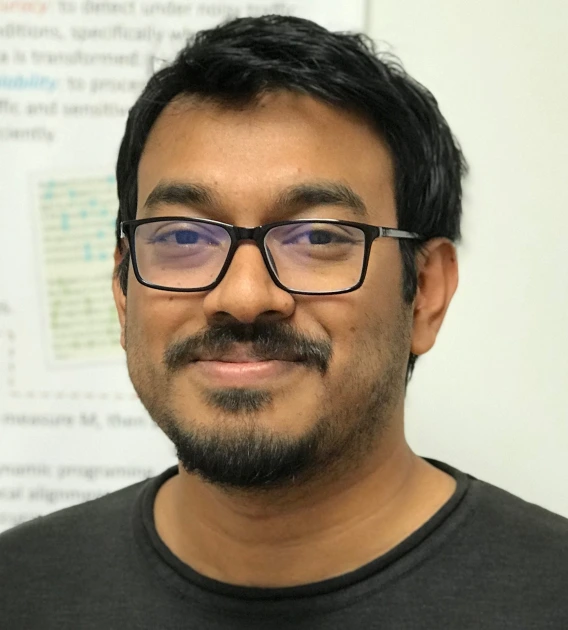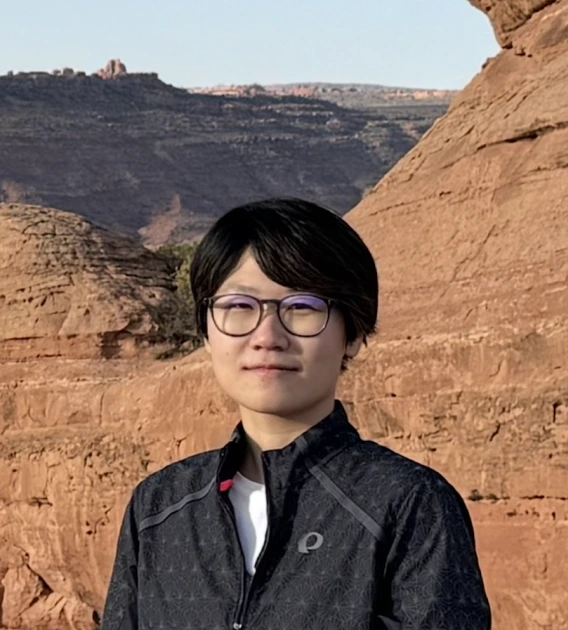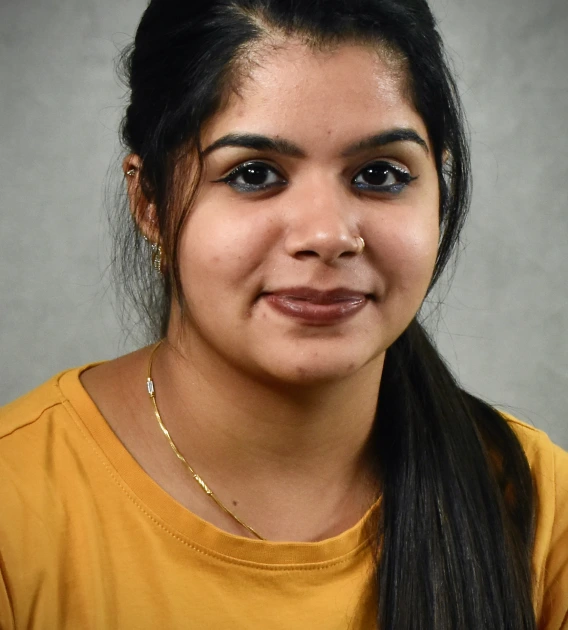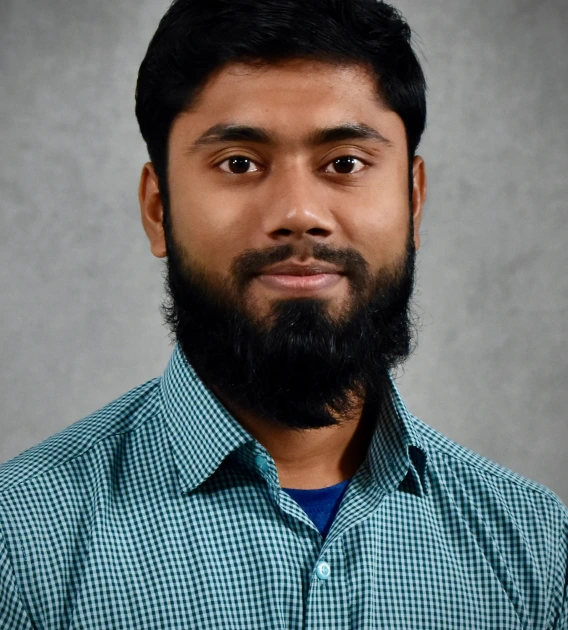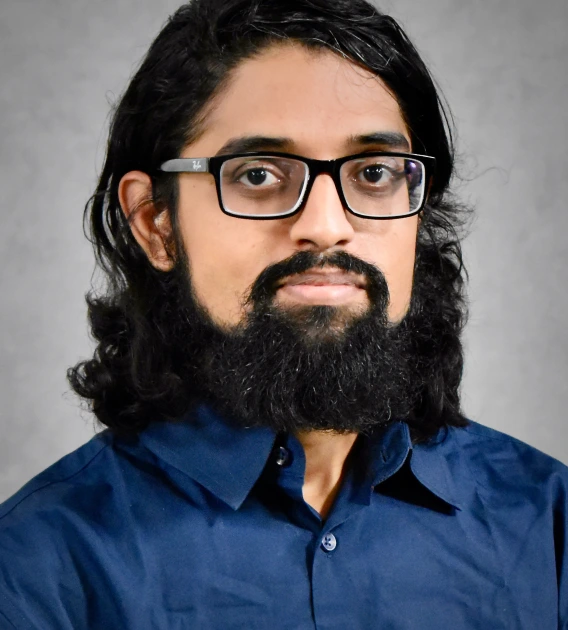No computing system is perfect; during the course of development issues are introduced which, under particular circumstances, can cause the system to enter an unanticipated state. Such failures can be the result of developers misusing programming language features or libraries, or not taking into account complex interactions between hardware, systems software, and the program they are developing. When a user of a system is able to exploit a failure in order to do harm, we term the issue a vulnerability. It is the goal of computer security research to develop mechanisms that mitigate such vulnerabilities, by detecting them, repairing them, or ensuring that they are not introduced in the first place.
Research in computer security at the University of Arizona has two main foci: analysis of malicious binary code [Debray] and the protection of systems from reverse engineering [Collberg]. Current research projects include code obfuscation using covert channels [Collberg and Debray], generic approaches to deobfuscation [Debray], and transformations to disrupt symbolic execution [Collberg] .
2024
- "Control-Flow Deobfuscation using Trace-Informed Compositional Program Synthesis" OOPSLA 2024
- R. Giacobazzi, I. Mastroeni, and E. Perantoni. Adversities in Abstract Interpretation - Accommodating Robustness by Abstract Interpretation. ACM Transactions on Programming Languages and Systems TOPLAS 46(2) Article No.: 5, Pages 1 - 31, 2024.
2022
- R. Giacobazzi and I. Mastroeni. Property-Driven Code Obfuscations: Reinterpreting Jones-Optimality in Abstract Interpretation. The Static Analysis - 29th International Symposium, SAS 2022, Lecture Notes in Computer Science 13790, pp. 247-271. Auckland, New Zealand, December 5-7, 2022.
2016
Security Faculty

Christian Collberg
ProfessorOffice: GS 758
Interests: Security, software protection, reverse engineering, research ethics
(Ph.D., University of Lund, 1992)

Saumya Debray
ProfessorOffice: GS 735
Interests: Compilers, program analysis and optimization, programming language implementation.
(Ph.D., The State University of New York at Stony Brook, 1986)

Roberto Giacobazzi
ProfessorOffice: GS 711
Interests: Theory of computation, programming languages, abstract interpretation, program analysis and verification, logic in computer science, history of computing.
(Ph.D., University of Pisa in Italy, 1993)

Sazzadur Rahaman
Assistant ProfessorOffice: GS 723
Interests: System and software security, program analysis, applied cryptography, internet measurement
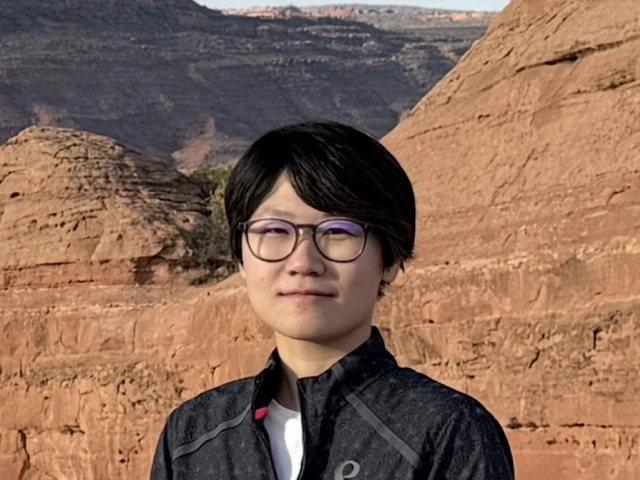
Zhuolin Yang
Assistant ProfessorOffice: GS 730
Interests: Usable Security
(Ph.D. University of Chicago, 2025)
PhD Students

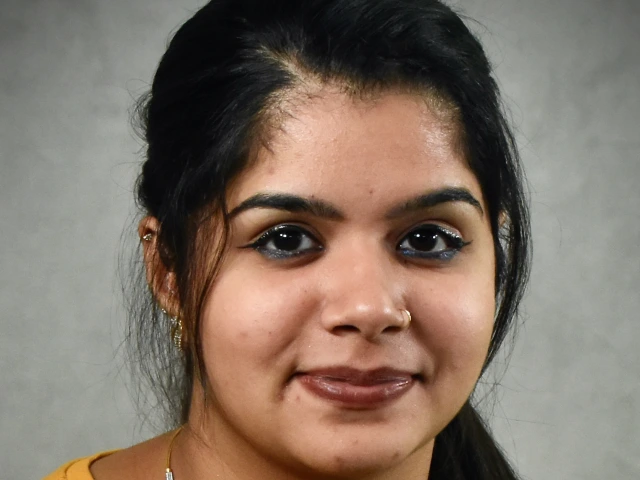
Priya Kaushik
PhD StudentOffice: GS 749
Interests: Systems, Security
Advisor: Dr. Sazzadur Rahman

Saiful Islam Salim
PhD StudentOffice: GS 710
Interests: Security, Natural Language Processing, Machine Learning
Advisor: Dr. Mihai Surdeanu

MD Moyeen Uddin
PhD StudentOffice: GS 721
Interests: Computer Security, Machine Learning, Computational Biology, Algorithms
Advisor: Dr. John Kececioglu






